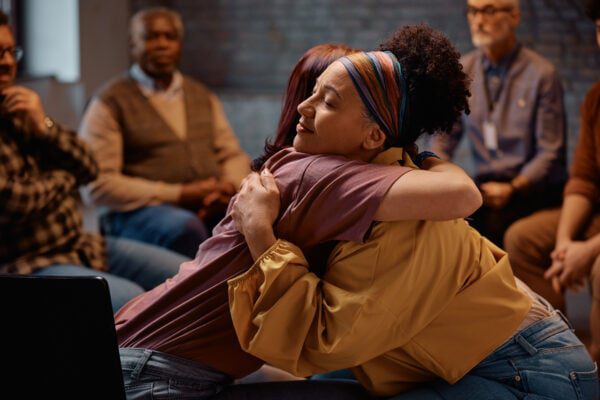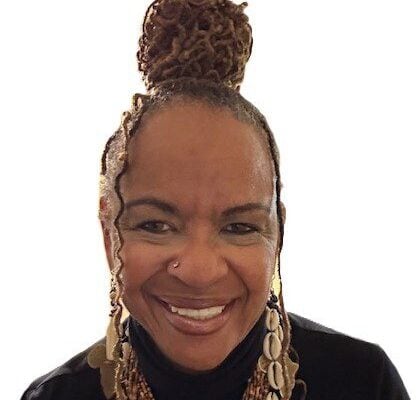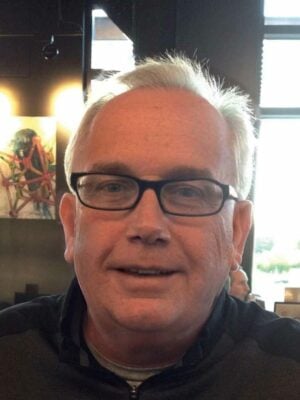September is National Recovery Month — a time when we lift up the stories of courage, healing, and resilience from those reclaiming their lives from addiction. It’s a month to honor and celebrate the work it takes to overcome those addictions.
But here’s the hard truth we must face together: while we’ve made progress in treatment and understanding, old prejudices still lurk in the shadows—shaping how our country responds to substance use, especially in Black communities.
When the Substance Abuse and Mental Health Services Administration (SAMHSA) declared September National Recovery Month back in 1989, it marked a real turning point, a serious paradigm shift. For decades, drug use had been treated as a crime, not a health issue. SAMHSA took the lead in the fight for evidence-based recovery practices to replace “lock ’em up” policies. It was a needed shift to address earlier punitive systems that were not colorblind.
As a community Griot, allow me to remind you of a history that particularly impacted Black people. In 1971, President Richard Nixon declared a “War on Drugs,” calling drug abuse “public enemy number one.” By 1973, the Drug Enforcement Administration (DEA) was born. On paper, this all sounded like a noble mission to protect our country. But when the smoke cleared, we learned this “war” had an ugly, targeted purpose.
John Ehrlichman, Nixon’s own White House counsel, allegedly admitted years later in a 1994 interview published by Harper’s in 2016 that the administration saw two enemies: the antiwar movement and Black people. His words were chilling:
“We knew we couldn’t make it illegal to be either against the war or Blacks, but by getting the public to associate the hippies with marijuana and Blacks with heroin, and then criminalizing both heavily, we could disrupt those communities… Did we know we were lying about the drugs? Of course we did.”
Let that sink in. This means the so-called “War on Drugs” was never about public safety. It was about social control. It was about dismantling movements and destroying communities. And it worked—mass incarceration soared, sentencing for crack (used more in Black communities) was far harsher than for powder cocaine, and entire neighborhoods were left gutted by the loss of fathers, mothers, and futures. If this history feels hauntingly familiar, it’s because the same patterns of fear, control, and punishment still echo in what we are experiencing today.

To be fair, reforms have come. Training programs now teach providers ways to connect with those in recovery to achieve better outcomes. I’ve seen the changes up close — first with the late Stan DeKemper at Fairbanks Research & Training Institute in our work that focused on culture diversity in recovery, then later through NASMHPD/SAMHSA’s work equipping professionals in criminal justice, addictions, and mental health to incorporate trauma-informed responses with the people they worked with.
Additionally, reform in justice systems is evident. But the damage lingers. That “war” didn’t just fill prisons — it cut off economic opportunity, shattered trust in institutions, and left scars we still carry today.
So, as we honor National Recovery Month, let’s do it with clear eyes and strong voices. We must keep pushing for equitable treatment. We must refuse to blame the victim. We must continue to fight for systemic change in drug policy and the criminal justice system.
We must also continue to recognize and celebrate those in recovery who continue to overcome – often in spite of and not because of legislative policies. Let us be inspired by their courage, resilience, and determination.
Remember that while we have come a long way, we are nowhere near done. Recovery is worth celebrating — but real justice will be the day when no community is targeted, no life is written off, and no policy is built to destroy us.
Until then, we celebrate the victories—and we stay engaged in the fight!
Maxine Bryant, Ph.D., is the founder of GriotSpeaks, an author and an African American culture keeper. Learn more at drmaxinebryant.com.
MAXINE BRYANT
Maxine Bryant, Ph.D. is the founder of GriotSpeaks, author and African-American culture keeper. Dr. Bryant replaces mythology with truth about Africa and the African Diaspora experience. Learn more about her at www.drmaxinebryant.com and email her at mlb@drmaxinebryant.com.





